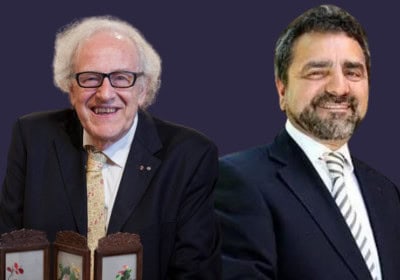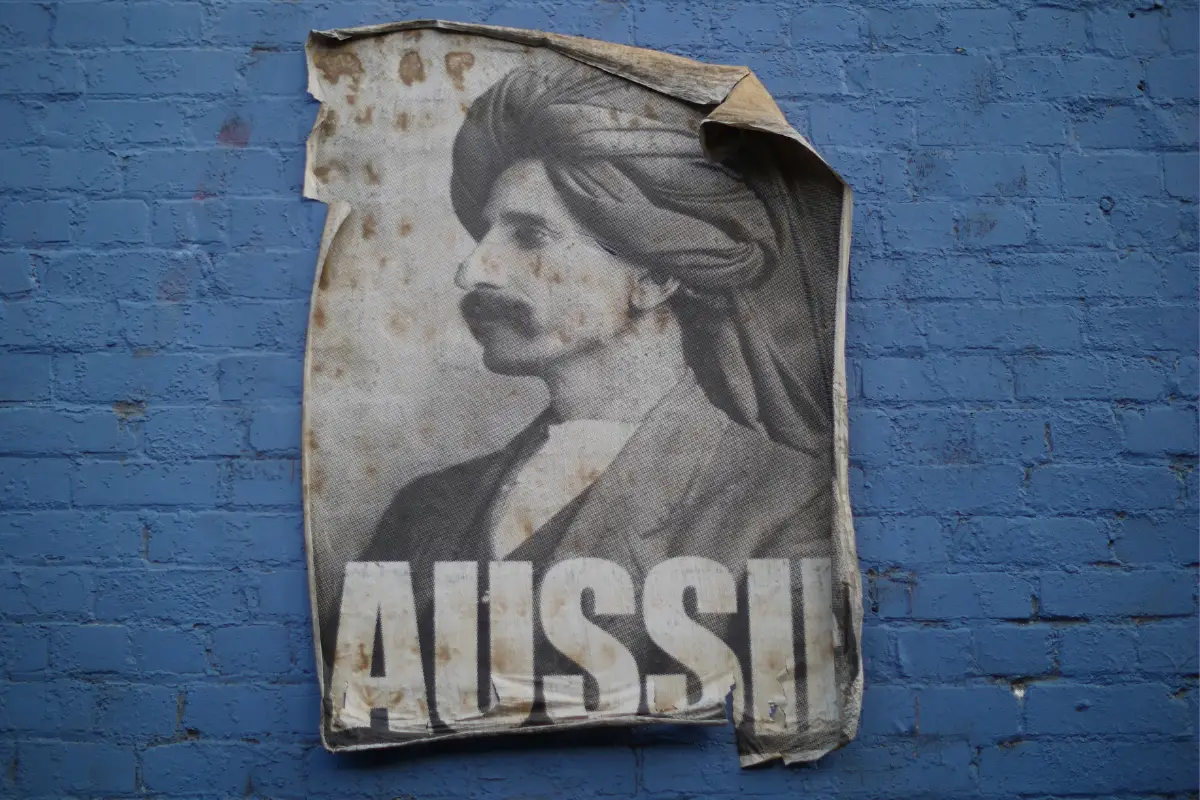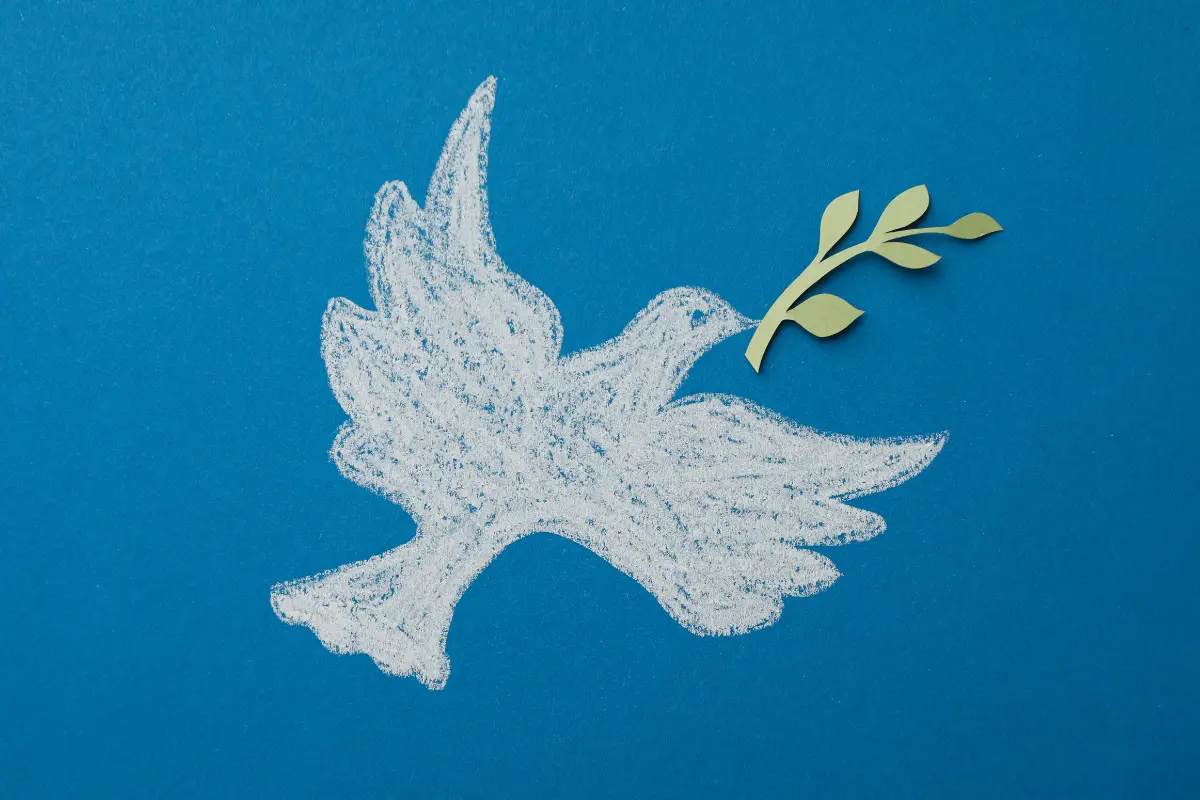
An abundance of cultural riches
When the National Library of Australia launched its Trove database in 2009, it heralded a remarkable moment for Australian humanities research. Suddenly, the books, newspapers and magazines, maps, paintings and photographs that documented Australia’s rich history and cultural life became available at the click of a button, from anywhere in the world.
Trove, an online, open-access gateway to over six billion digitised items from the recent and distant past, held by museums, libraries, galleries and archives around Australia, now receives over 70,000 daily visits from researchers and public users alike.
Trove has had such an impact on Australian humanities research that scholars sometimes refer to the study of the nation’s culture and literature as BT and AT: Before Trove and After Trove.
The platform offers much more than a simple search function. It enables multiple forms of interaction with discoverable data, including making links between and annotating items. Researchers can export large amounts of data and build applications or websites that connect to its collections, in some cases returning enhanced data to the National Library.
Uncovering a new literary history for Australia
Trove’s potential to transform our understanding of Australian society is seen in the ground-breaking research by literary scholar Katherine Bode. Her work has uncovered masses of evidence about the reading habits and literary culture of colonial Australians.
Combing Trove, Bode discovered that during the nineteenth and early twentieth centuries Australians had access to a huge quantity of fiction published in their local newspapers – calling into question any assumptions that they looked principally to British book publishers for such material.
Bode found over 21,000 publications of Australian and international works, some by long-forgotten authors. Trove thus made it possible to establish reliably for the first time the scope and scale of the fiction that Australians of that era read and wrote.
The database Bode created, To be continued: The Australian Newspaper Fiction Database, is now linked to Trove and supports projects by students and researchers.
People, prosecutions and ‘taking the piss’
Other notable Trove-based research includes the Prosecutions Project, a database of resources on the history of Australian criminal trials, built using Trove’s collections and court archives. In turn, Trove draws on this database to populate its “People and Organisations” queries. The Prosecutions Project demonstrates how policing and judicial practice have shaped Australian history.
Trove also contains rich pickings for linguistics researchers exploring Australia’s languages and how they have influenced society. Linguistics is currently undergoing a data revolution and Trove with its massive coverage of Australian English and other languages has the potential to put Australian linguists in a world-leading position.
Whether users want to figure out what exactly is meant by “taking the piss”, or to understand how the way we discuss “offence” impacts perceptions of free speech, the answers lie in Trove.
Helping us find our roots
Trove is hugely popular with the public. People scour it for material about their ancestry, their town or region, and everything else to do with Australia and Australians.
Using its resources, they can find a copy of Banjo Paterson’s original manuscript of Waltzing Matilda, a recording of boxer Lionel Rose or an architect’s model of the Sydney Opera House.
Maps of missions and reserves, and photographs of family members, have helped Indigenous Australians to find missing pieces of their childhood story or a relative’s life, enhancing their knowledge of family, community and Country.
The digitised newspapers – the world’s biggest such free-access collection, comprising more than 1500 titles – are particularly loved, including by amateur historians, family history researchers and local history societies.
Within them are found the lives and times of Australians rich and poor, prominent and obscure. Volunteers have made millions of corrections to the transcripts of scanned historical newspapers, in Australia’s largest crowdsourcing project.
As Alison Dellit, who oversees Trove at the National Library, has written:
“[Trove] enables every single person to find their story in amongst the big story – and that changes the big story”.



